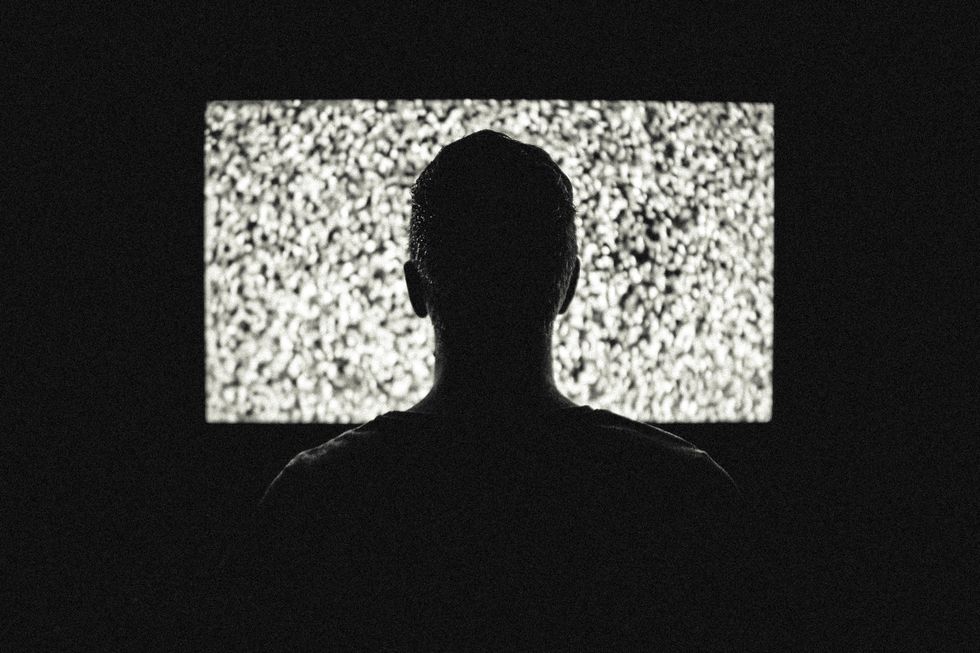I still haven’t watched The Handmaid’s Tale.
I’ve heard it’s fantastic, but I just finished season two of Crazy Ex-Girlfriend, and now I’m starting on Sense8 season two, and for months I’ve had two episodes left of the most recent season of Black Mirror. I already watch Doctor Who and Class every Saturday. My roommate and I want to watch season two of Humans, but since that’s a less-buzzed-about show it feels less urgent. Same with The OA. I need to finish all of them soon, because in June I’ve got new seasons of Orphan Black and Orange Is the New Black, and in July there’s more Game of Thrones. Between all this, The Handmaid’s Tale has taken low priority, since I already know the story.
And that’s just the new shows—my to-watch list also includes Angel (seven seasons), Dollhouse, Parks and Rec (also seven seasons), the rest of the original Star Trek and all of The Next Generation, and a re-watch of Battlestar Galactica. I recently learned that Broadchurch season 3 airs in the US in late June. This should have made me excited, but my first reaction was “oh man, not another show I have to follow.”
We’re in the age of “peak TV,” a glut of not just shows, but critically-acclaimed shows. In 2015, there were more original scripted shows than there were days in the year, and the numbers have only gone up since. In contrast to the four channels of their childhoods that Baby Boomers reminisce about, good TV shows are now a dime a dozen. And thanks to the internet, there’s a constant pressure to be watching all of them. (And yes, I acknowledge that this is the first-worldiest of first world problems.)
On top of the reviews lauding these shows, we have memes, Buzzfeed quizzes, and our friends’ posts about the show filling our news feeds. Reviews come not just from a few news outlets but from countless pop culture sites. This pressure is more intense with TV than other media. Movies are only a two-hour commitment, the newest hit song can easily be heard on the radio while driving, and book culture, for reasons I could mull over in a separate article, is a different world than the rest of pop culture.
We’re inundated with messages telling us we HAVE to watch this show, and if we don’t, we’re missing out on a crucial part of culture. It’s like needing to sit with the cool kids, except there are fifty tables of cool kids.
It’s impossible to keep up with all of this without sacrificing depth of engagement. People may try having shows on “in the background” while doing other things, but the brain is actually terrible at multitasking. And when a TV show is something to be checked off a list because it feels like we have to, do we enjoy it as much?
This isn’t just affecting viewers, either—pay for TV writers has dropped off significantly in recent years, in large part because of peak TV. With networks focusing on shorter seasons that still take a long time to make, writers who are paid per episode but not allowed to work on multiple projects are taking a hit.
For my part, I’ve tried to stop looking shocked and exclaiming “oh my gosh you have to watch it” when a friend tells me they haven’t seen a show I love, instead saying “I think you’d really like it” or “it’s very good.” The modern world already pressures us to keep up and stay engaged with an endless stream of news. The stuff we do to relax, like plopping on the couch with Netflix pulled up, shouldn’t feel the same way.





















